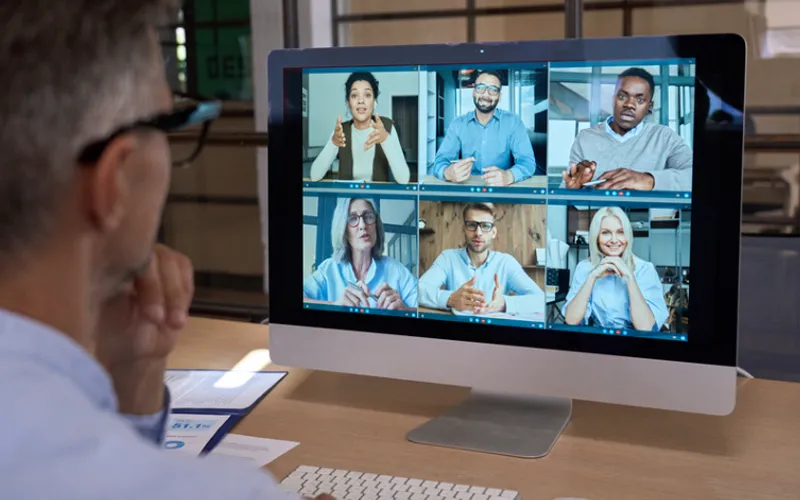Changing attitudes about accommodations in the workplace- Melody’s story.

When workplaces are accessible to everyone, they foster a culture of diversity and equality and harness the unique skills and perspectives that individuals with disabilities bring. SCIO Accessible Employment Services client Melody shares her experiences as a job seeker trying to find work. With a stellar resume and expertise in her field, an employer was eager to interview her. However, when Melody asked for accommodation in the workplace, it created an attitudinal barrier from a potential employer who suddenly decided not to pursue the interview process with Melody.
Melody’s Story
I have a physical disability due to a medical condition, and this causes me to struggle with pain and mobility issues. I am still me regarding my personality and how I think and work.
Right after I graduated, my medical condition appeared. I was self-conscious and worried about what people would think, and it took me some time to adjust to the situation. I was always very active with sports and physical training, so it was hard for me to take. I had a lot of medical appointments and experiences trying new medicines. But I finished with that and was ready to start my new life.
Since I had a newly minted Ph.D., I assumed people would be okay with talking to me and hiring me when I applied for jobs. However, I soon learned that I was mistaken. I noticed that when I mentioned in interviews that I had a disability. I had a medical note allowing me to be accommodated (to work remotely), and the reaction that I received was unexpectedly troubling—I noted quite a few fallen faces in response to my simple and free accommodation request, as though I was no longer in the race to be hired by those hiring managers. Many of these managers mentioned that there was a new rule that employees had to come into the office one or two days per week.
After a couple of experiences like that, I didn’t think much of it—maybe those HR Managers lacked the proper human rights training about the Human Rights Code or the Accessibility for Ontarians with Disabilities Act. However, once I saw a pattern among several employers and that I was unsuccessful in landing a position after five months of unemployment, I started worrying that things would not work out for me. It appeared that the HR Managers screening the applicants at the first level were just not interested in making any exceptions to new rules where employees had to come into the office once or twice per week—even for human rights reasons.
I found myself feeling deflated and calling friends for support. I reached out to my fantastic employment counsellor at SCIO Accessible Employment Services, who guided me with strategies and assured me that I was doing the right things and would eventually be successful if I kept at it. It is frustrating. I have a lot to offer and would hate to have all my potential wasted because employers are afraid to hear that they may need to provide accommodations, which would be free and straightforward. During the pandemic, employers seemed more open to dealing with remote work. The use of technology during the pandemic allowed so many individuals to adapt and work from home.
To work remotely is a lifesaver that allows me to remain independent. When I use virtual meeting platforms like Teams or Zoom while working remotely, no one can see that I can’t walk or move—all those barriers disappear. The focus would be on the contributions and expertise I would bring to the position and be part of the team.
I struggle to understand why employers are not more open to using their power and removing these barriers so they can have a more diverse and inclusive workforce. They are missing out on some great talent, like me.
To learn more about workplace accommodations and access more information, visit www.accessiblework.ca.






